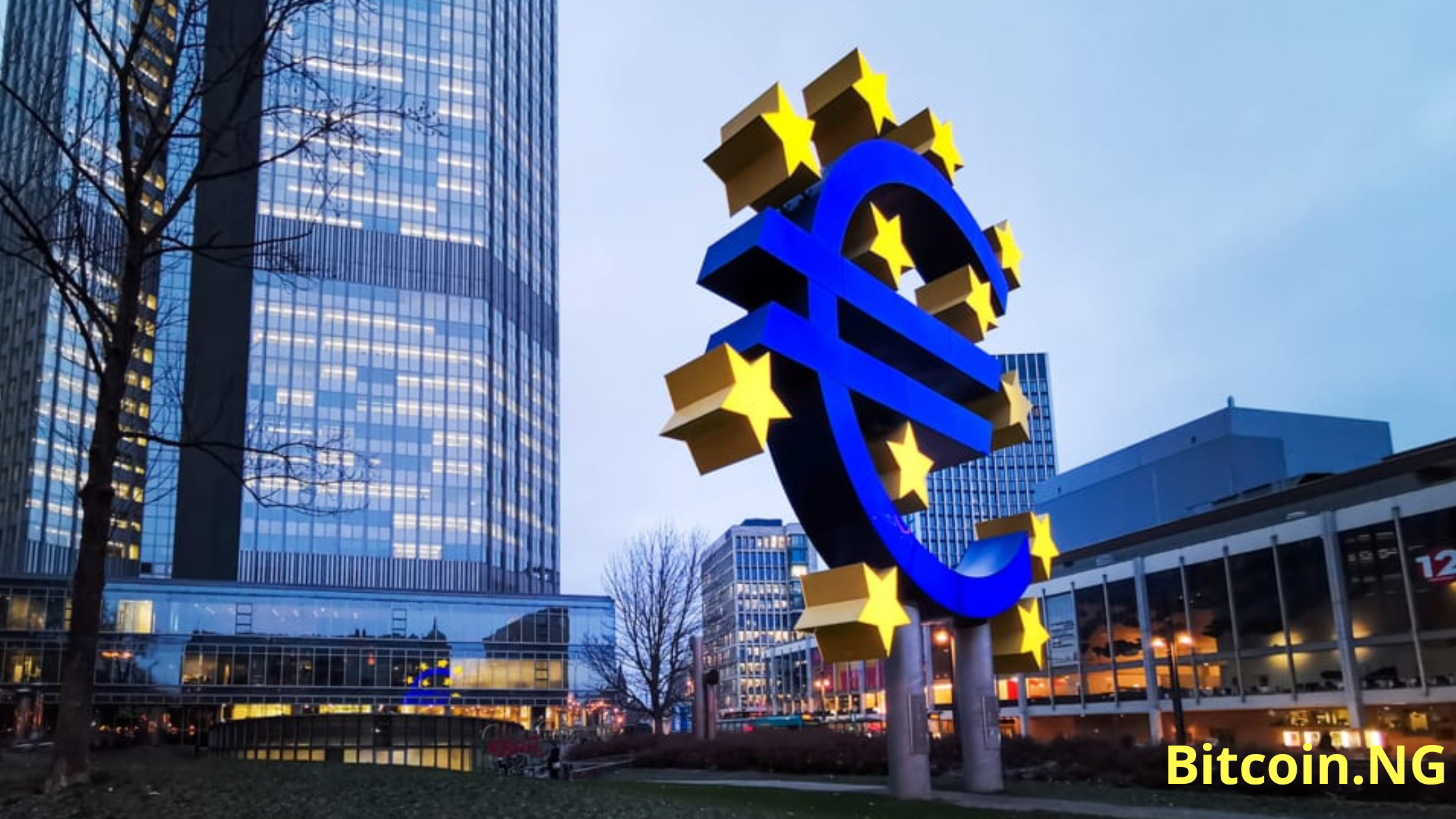
The European Central Bank (ECB) has applied for a trademark of the term “Digital Euro” as officials weigh the possibility of a digital version of its currency.
The application was filed by the ECB’s legal representatives Bock Legal, and is visible on the website of the European Union Intellectual Property Office.
Details of the filing have been confirmed by an ECB spokesman citing a report published by the Eurosystem High-Level task Force on central bank digital currency (CBDC), and approved by its governing council.
A snippet of the ECB press release reads:
“A digital euro would be an electronic form of central bank money accessible to all citizens and firms – like banknotes, but in a digital form – to make their daily payments in a fast, easy and secure way. It would complement cash, not replace it. The Eurosystem will continue to issue cash in any case.”
At this time, the trademark represents a clear indication that the ECB and 19 national central banks in the region would most likely move towards a “Digital Euro” soon.
ECB President Christine Largarde has also remained open with regards to the cryptocurrrency and digital currency topic. At an address to the ECB parliament last week, she remarked:
“The Eurosystem has so far not made a decision on whether to introduce a digital euro. But, like many other central banks around the world, we are exploring the benefits, risks and operational challenges of doing so. We have a duty to play an active role in balancing the risks and benefits of innovation in payments, so that money continues to serve Europeans well.”
“…The euro belongs to Europeans and our mission is to be its guardian. Europeans are increasingly turning to digital in the ways they spend, save and invest. Our role is to secure trust in money. This means making sure the euro is fit for the digital age. We should be prepared to issue a digital euro, should the need arise, she added.”
– Christine Lagarde, ECB President.
Across the world, central banks are increasingly experimenting digital versions of their fiat currencies, with the aim of adapting to cashless economies and digitization.
The need for the above has been further heightened by the coronavirus pandemic causing banks to seek ways for safer, faster and round the clock payments.
For Europe, its most important wake up call came with the announcement of Facebook’s Libra stablecoin, which saw bank heads in France and Germany oppose the initiative of a private company currency after considering Facebook’s wide “uncontrolled” reach.
The Libra coin project was also questioned by US authorities and has been quiet since then.
In all, the European Central Bank looks set to follow the global trend in payments and evolving technology now made visible through Bitcoin and cryptocurrency’s expanding adoption.